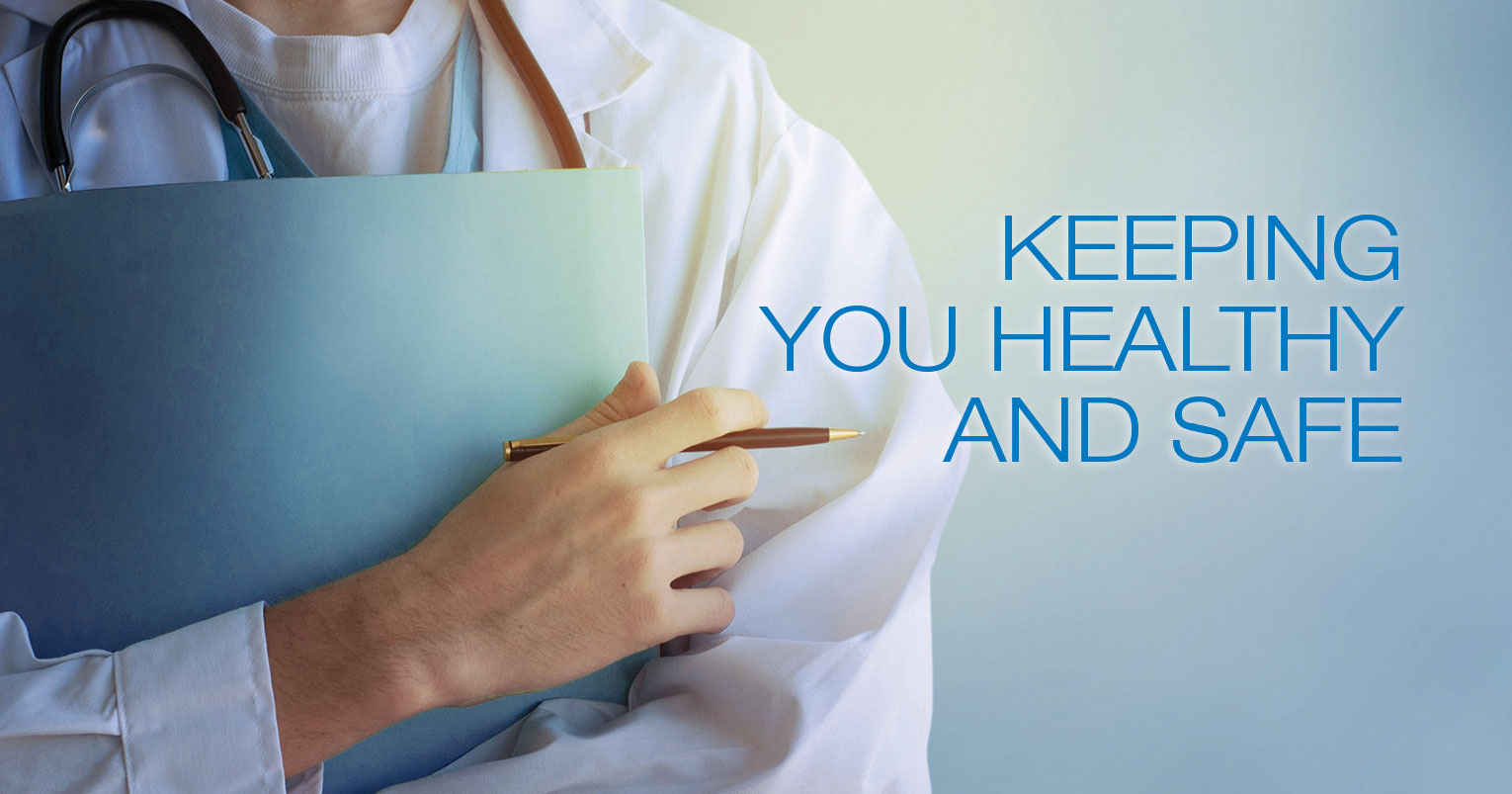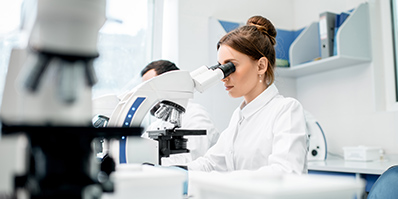Coronavirus (COVID-19)

INFORMACIÓN SOBRE CORONAVIRUS (COVID-19)
Salinas Valley Health Coronavirus Hotline:
831-755-0793
We now have a dedicated hotline for members of the public and staff at
area physician offices to call with questions about coronavirus COVID-19.
The hotline is staffed with registered nurses and will be available from
7:00am to 7:00pm, 7 days a week.
For our screening and testing procedures, click here.
For current visitor restrictions and guidelines, click here.
Salinas Valley Health is closely monitoring the Coronavirus outbreak and working with the Monterey County Health Department, California Department of Public Health, and following guidance from the Centers for Disease Control and Prevention (CDC).
For FAQ's specific to Monterey County's shelter in place order that is in effect now through April 8, click here, or visit the Monterey County Health Department website. You can also call 211 for all non-emergency and non-medical inquiries.
Salinas Valley Health: Ask The Experts
Coronavirus: Carla Spencer, MSN, RN, NEA-BC, director of emergency services
In The News
Coronavirus disease 2019 (COVID-19) is a respiratory illness that can spread from person to person. The virus that causes COVID-19 is a novel coronavirus that was first identified during an investigation into an outbreak in Wuhan, China. The first case of COVID-19 in the United States was reported on January 21.
Updated Coronavirus screening guidelines from the CDC state that if someone has traveled from China, Japan, South Korea, Iran, or Italy since mid-February, and has a fever, cough or shortness of breath, and is not in need of urgent medical care they should first call their doctor or local health department to determine if testing is appropriate. The same approach applies to those that have been in direct contact with someone who is known to have COVID-19 and have a fever or symptoms of respiratory illness.
Frequently Asked Questions
How can I protect myself?
There is currently no vaccine to prevent coronavirus disease 2019 (COVID-19). The best way to prevent illness is to avoid being exposed to this virus. However, as a reminder, CDC always recommends everyday preventive actions to help prevent the spread of respiratory diseases, including:
- Avoid close contact with people who are sick.
- Avoid touching your eyes, nose, and mouth.
- Stay home when you are sick.
- Cover your cough or sneeze with a tissue, then throw the tissue in the trash.
- Clean and disinfect frequently touched objects and surfaces using a regular household cleaning spray or wipe.
-
Follow CDC’s recommendations for using a facemask.
- CDC does not recommend that people who are well wear a facemask to protect themselves from respiratory diseases, including COVID-19.
- Facemasks should be used by people who show symptoms of COVID-19 to help prevent the spread of the disease to others. The use of facemasks is also crucial for health workers and people who are taking care of someone in close settings (at home or in a health care facility).
- Wash your hands often with soap and water for at least 20 seconds, especially after going to the bathroom; before eating; and after blowing your nose, coughing, or sneezing.
Does CDC recommend the use of facemask to prevent COVID-19?
CDC does not recommend that people who are well wear a facemask to protect themselves from respiratory illnesses, including COVID-19. You should only wear a mask if a healthcare professional recommends it. A facemask should be used by people who have COVID-19 and are showing symptoms. This is to protect others from the risk of getting infected. The use of facemasks also is crucial for health workers and other people who are taking care of someone infected with COVID-19 in close settings (at home or in a health care facility).
Can I get tested for the virus at my doctor’s office or at the hospital?
Testing for the novel coronavirus that causes COVID-2019 can only be done by public health authorities. Currently, only people who meet certain criteria are being tested. Criteria include both symptoms and likely or known exposure to a person with COVID-2019. If you are not having any symptoms or if you are having symptoms but no exposure, then you would not be tested at this time.
Can someone who has COVID-19 spread the illness to others?
The virus that causes COVID-19 is spreading from person-to-person. Someone who is actively sick with COVID-19 can spread the illness to others. That is why CDC recommends that these patients be isolated either in the hospital or at home (depending on how sick they are) until they are better and no longer pose a risk of infecting others.
How long someone is actively sick can vary so the decision on when to release someone from isolation is made on a case-by-case basis in consultation with doctors, infection prevention and control experts, and public health officials and involves considering specifics of each situation including disease severity, illness signs and symptoms, and results of laboratory testing for that patient.


